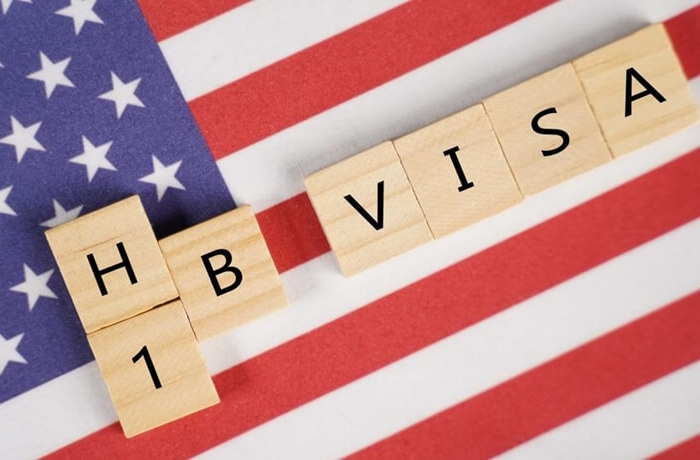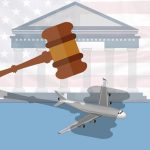The United States’ H-1B program, a passage to the land of American Dream for foreign professionals, has been awaiting reforms since the Biden-Harris administration was formed. The US Citizenship and Immigration Services (USCIS) is now inching towards working on the reforms. Being the biggest beneficiary of this employment-based visa, Indians, more than anyone else, might greatly be impacted by an overhaul of the H-1B visa system if it takes effect.
The USCIS proposed a new rule to modernize the H-1B visa system, amending some of its regulations concerning H-1B specialty occupations and its current beneficiaries as well as international students on F1 visa awaiting change of status to H-1B for employment. USCIS’ proposal primarily seeks to revise ‘employer-employee relationship’ for H-1B program, provide greater flexibility for startup entrepreneurs, update site visit guidelines (site visits refer to immigration officers’ unannounced arrival at workplace to cross-verify the employment of foreign employees and prevent immigration fraud), address cap-gap issues for F1 students, and foolproof H-1B cap e-registration system.

Employer-employee Relationship for H1B Petition Approval
At present, the ‘employer-employee relationship’ is determined by the sponsor’s ability ‘to hire, pay, fire, supervise, or otherwise control the work of the employee’. Establishing a valid employee-employer relationship by submitting necessary proofs is crucial for approval of the H-1B petition. Redefining what constitutes an employer-employee relationship can possibly shift the ground for approval/denial of the H-1B petitions. Also, regulations related to establishing this relationship when a supervisor places his/her H-1B employee at a third party establishment were changed recently, and require both parties to file H-1B petitions in such cases.
Cap-Gap Extension for F1 Students in USA
Other than the 65,000 H-1B visas issued by the US annually, an additional 20,000 visas are allotted for students graduating from American universities. Indian students on F1 visas who sign up for a standard 12-month optional practical training (OPT) post completion of their advanced degree are among the beneficiaries of this F1 status upgrade. This temporary employment usually opens the door for H-1B sponsorship, with the organizations who wish to employ their OPT candidates by sponsoring them for H-1B visas.
The period between the expiry of their F1 status/OPT employment authorization and the start of H-1B status is referred to as the ‘cap gap’. When the employers file H-1B petitions for these candidates during the H-1B filing season (which typically starts in April) for the following fiscal year, these F1 students or OPT candidates with pending/approved H-1B petition qualify for cap-gap extension, which is extension of F1 status/employment authorization until the start of fiscal year (Oct 1). However, if the petition isn’t processed, then such candidates are disentitled to work in the new fiscal year. This delay in processing H-1B requests continues to affect eligible students and the new rule is likely to resolve this issue, which would benefit over 2,00,000 Indian students looking forward to settling in USA after their education.
H-1B e-Registration System & Lottery Selection
Online registrations for H-1B visas are exponentially higher than what the US approves in accordance with the annual cap set on H-1B visas (65,000). To select applicants for further processing from this pool of registrations, the USCIS randomly picks them on a lottery basis. This aggressive competition for the most sought-after work visa seemed to have made way for visa fraud as employers resorted to submitting multiple online registrations for one beneficiary to maximize his/her chances of selection in the H-1B lottery. USCIS, having suspected gaming of the system, is planning to overhaul the procedure to remove these loopholes and prevent misuse of the H1B visa system.
USCIS’ proposed rule for H-1B reform is currently under review by the Office of Management and Budget (OMB) within the Executive Office of the President. Its implementation is still a long way ahead, several months to be specific. Reportedly, it will be published in the Federal Register in December 2023 and public opinions will be collected in the following 30-60 day public comment period. If finalized, the new rule will come into force just in time for the upcoming H-1B cap filing season in April 2024. Interestingly, some aspects of the USCIS’ new rule to reform the H-1B program were a part of the Biden administration’s first bi-annual agenda announced in June 2021.



